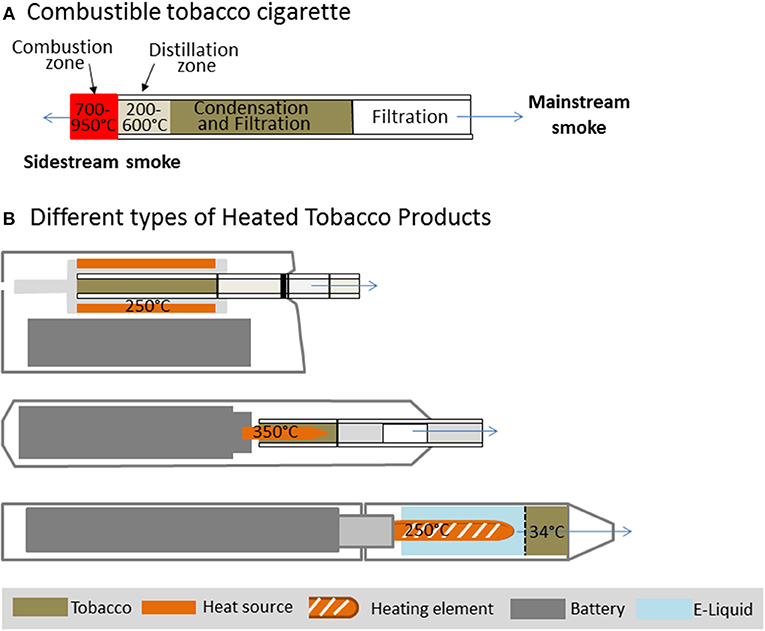Heated Tobacco Products: The Emerging Controversy
As the popularity of heated tobacco products rises globally, significant concerns about their impact on public health persist. While products like IQOS—developed by Philip Morris International (PMI)—are being marketed as less harmful alternatives to traditional cigarettes, experts warn that they may pose unforeseen risks, especially among the youth.
A Shift from Traditional Smoking
Ben Taylor, an IT consultant and writer, embodies a growing demographic that has turned to heated tobacco after unsuccessful attempts to quit cigarettes through vaping. “Vaping liquids always left me wanting,” Taylor expressed on his blog, leading him to try IQOS, which heats tobacco sticks to produce vapor without burning. He discovered that this experience came closer to traditional smoking than vaping, noting his preference for the taste and the absence of cigarette odor.
Global Expansion and Market Trends
IQOS and similar products have seen rapid adoption in over 60 countries, particularly in Italy and Japan, where they have been available since 2014. As these devices make their way into the U.S. market, questions arise regarding their safety and potential to foster a new generation of smokers.
Marketing Tactics and Target Audience
The tobacco industry claims that heated tobacco products are designed for adult smokers seeking alternatives, a message echoed by companies like PMI, JTI, and BAT. However, public health experts assert that these products are inadvertently attracting younger individuals. Research indicates that non-smokers who use heated tobacco are significantly more likely to start smoking.
| Country | Year Introduced | Notable Trends |
|---|---|---|
| Japan | 2014 | Strong adoption among urban youth |
| Italy | 2014 | Rise in popularity alongside traditional smoking |
| United States | 2025 | Concerns over dual use with e-cigarettes |
Health Concerns and Ongoing Research
While some studies indicate that switching from traditional cigarettes to heated tobacco can benefit certain individuals, experts caution that these products are not without risk. The World Health Organization (WHO) has highlighted that heated tobacco emissions can still contain harmful compounds, challenging the industry’s claims of reduced harm.
With heated tobacco products continually evolving, the long-term health effects remain largely unknown. Experts stress that as these products proliferate, particularly among youths, they could reverse the progress made in reducing tobacco consumption globally.
Conclusion
The emergence of heated tobacco products like IQOS presents a complex challenge for public health. While marketed as a safer alternative, the potential for increased tobacco usage among younger populations raises significant red flags. Continued research and caution are necessary to navigate this shifting landscape of tobacco consumption.

